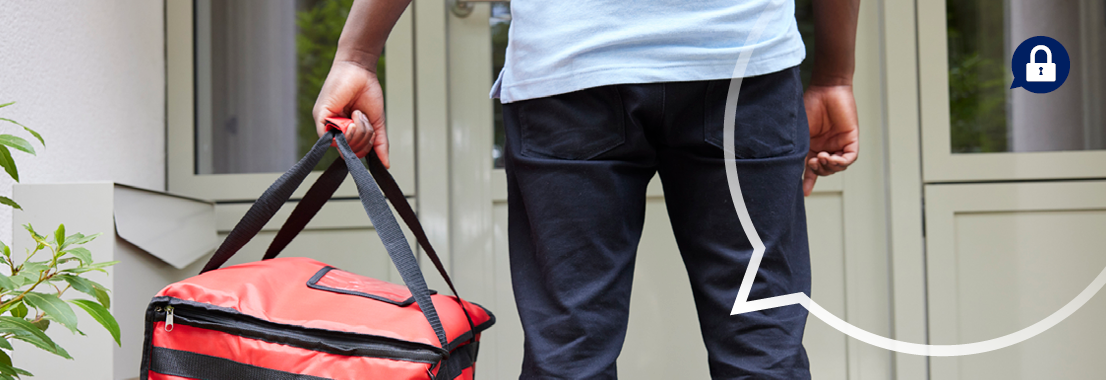
The safety and health of workers in the gig economy
The safety and health of workers in the gig economy
This article from Croner-i provides guidance on responsibilities for protecting the safety and health of gig workers.
The gig economy, where short-term flexible agency and temporary workers are paid for the tasks they complete, instead of time taken, is now a key part of the economy. However, employers must still abide by strict health and safety laws.
This so-called ‘gig economy’ is rapidly growing worldwide, including in the UK. Estimates vary, but according to the Trades Union Congress, 4.4 million people currently work for gig economy platforms at least once a week.
One study referenced later suggests that the number of UK workers on zero hours contracts could be as high as 7.25 million. It is difficult to know whether the number is currently rising or falling. Most gig workers interviewed recently said the rising cost of living has influenced their decision to take on extra work; 75 per cent mentioned soaring energy prices.
An independent source suggests that 1-in-6 UK adults work in a gig job at least once a week, collectively adding £20 billion to the UK economy. It adds that some 48 per cent also have full-time jobs; for 71.5 per cent, gig work pays less than half their income, with women earning on average 10 per cent less than men.
Benefits to gig workers themselves are said to include flexibility of choice about when and how they work, with higher earnings for good performance. Taxi drivers, dog walkers and cleaners are often mentioned as examples, but qualified professionals, including IT specialists, are cited too. What is certain is that health and safety regulations protect gig workers and follow the principles that apply to other industries even though the informal sector is changing as it develops.
RoSPA Member? Login to MyRoSPA to continue reading or join today

Login to you MyRoSPA account
Login to MyRoSPA to read the full article and other exclusive content
Login
| Join RoSPA
Become a member now
Become a member to access MyRoSPA to view more exclusive content
Join
RoSPA Member? Login to your MyRoSPA to continue reading or join today

Login to you MyRoSPA account
Login to MyRoSPA to view some more exclusive content
Login
| Join RoSPA
Become a member now
Become a part of the MyRoSPA team to view more exclusive content
Register